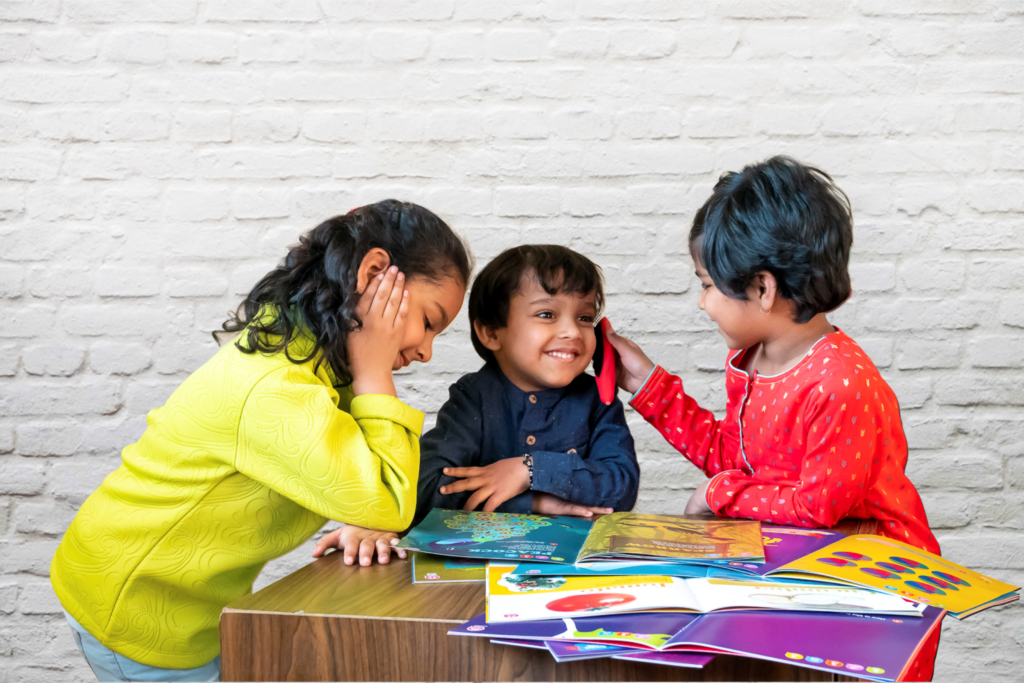5 Ways to Teach Honesty to Your Child!
We all know the famous proverb by Benjamin Franklin that says, ‘Honesty is the best policy.’ Honesty is a virtue that, when inculcated in our children, makes them better as humans. It is a path that leads to a fulfilling life and adds value to an individual’s character and personality. Values, and morals, when taught in childhood have an immense impact on a child’s mental and emotional development. They help mould their behaviours and stay ingrained in them for a lifetime. For this reason, parents and pre-school educators must teach about the value called ‘honesty’. Let us look at five ways one can teach honesty to a child. Modelling: As a parent or caregiver, modelling the behaviours you want your child to learn creates a much bigger impression than simply teaching about it verbally. In this instance, never lie about anything. Be truthful to your child and soon they will understand and develop trust in you whilst learning to be truthful to themselves and others. Love unconditionally/ Acceptance: When your child does lie, do not yell or punish or be unpleasant towards them. Instead, show them compassion and speak to them about it. A hug or a kiss can make them feel accepted and loved despite their unacceptable actions. When your child feels connected to you, he/she feels more confident about being honest in all circumstances instead of lying. Lead by example: Let your child see your vulnerable state as well. If you feel angry or if you cry or even behave badly towards your child, apologize to them. Explain yourself. You do not have to be perfect. Being honest about your feelings and emotions will help them express themselves better and understand that we all have flaws. But being honest is what makes relationships stronger and well-connected. Forgiveness: When you forgive your child, he/she feels comforted and supported. This plays a crucial role in helping them be honest with themselves and the people around them. It teaches them to forgive others and respect individuals as nobody is perfect. When a child knows that they will be forgiven, they are more likely to be honest with you. Rewards: Honesty is not something that can be taught forcefully. But as a parent, you can reward your child every time they practice honesty in their everyday life. It encourages and motivates them to continue to be honest. Very soon, you will notice that honesty becomes a part of their character!
5 Ways to Teach Honesty to Your Child! Read More »









